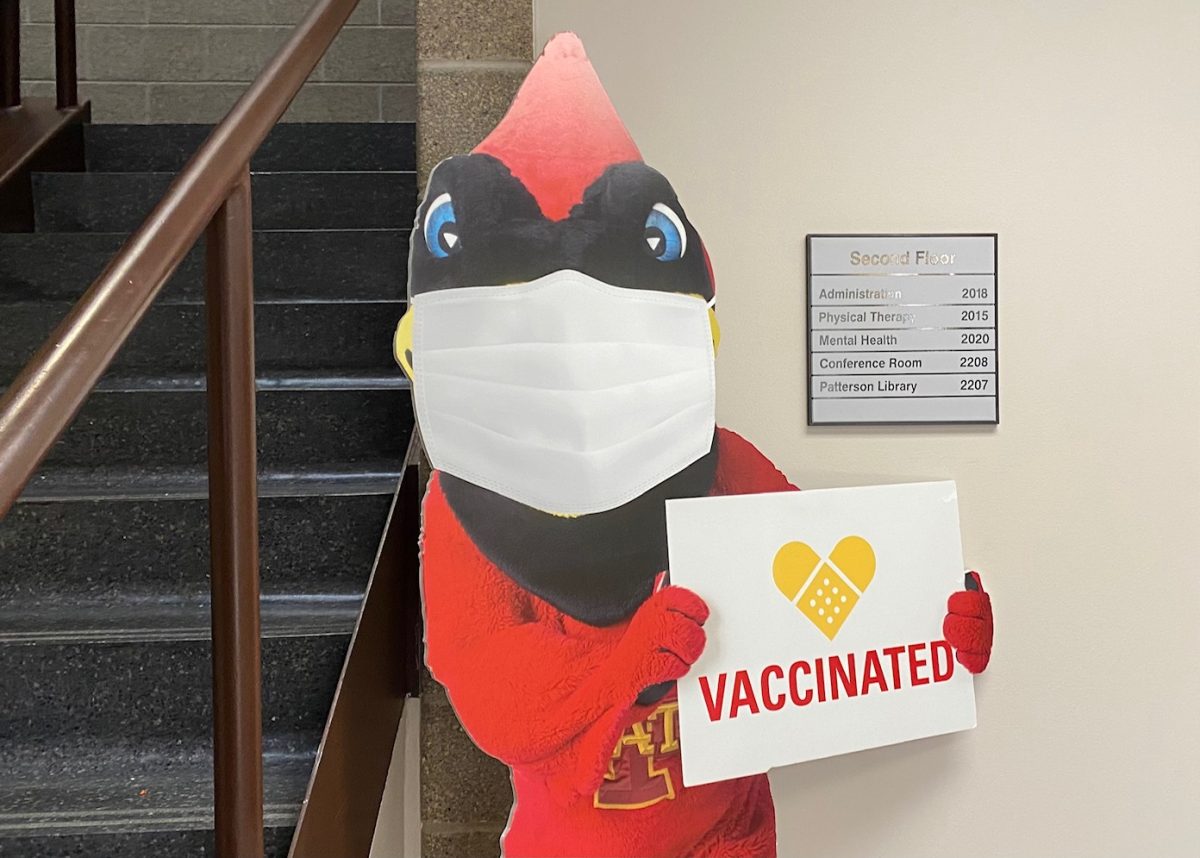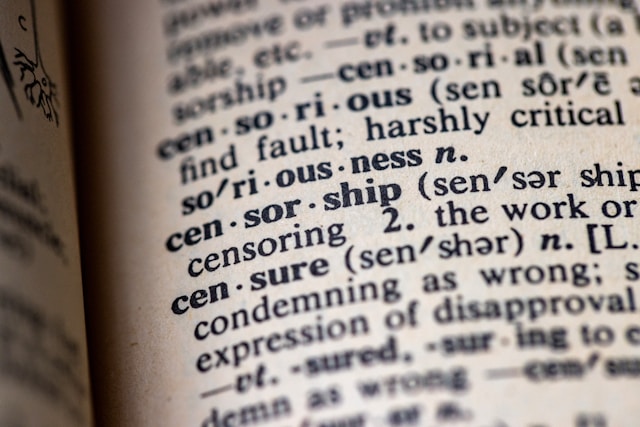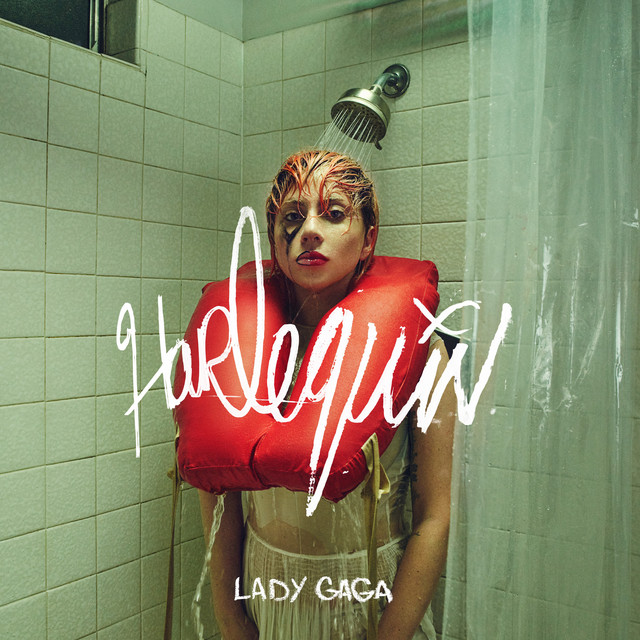ISU researchers work toward solution to oxygen depletion in Gulf of Mexico
August 24, 1999
A nutrient that brings life to Iowa crops can mean death for marine animals in the Gulf of Mexico.
Nitrogen, a major farm fertilizer nutrient used in the corn belt, has been pinpointed in a national study to be the major cause of oxygen loss in the Gulf.
This depletion of oxygen, referred to as hypoxia, occurs when nutrient-rich water from the Mississippi River basin fuels increased growth of algae.
“The nutrient-rich water comes in and sets on top of the ocean water,” said Dennis Keeney, director of the Leopold Center for Sustainable Agriculture at Iowa State.
John Downing, ISU aquatic ecologist, said this is called stratification.
“Things don’t mix from the top to the bottom, especially oxygen,” he said.
As the algae dies, particles float to the ocean floor and decompose.
This process uses up the little-available oxygen and causes the death of many marine-dwelling creatures, such as worms, snails, clams and crustaceans.
These animals are unable to escape the hypoxic area, unlike fish, which can swim away.
Because the Mississippi River basin and the waters that drain into it cover such a vast area of the United States, ISU has been working with marine scientists to find solutions to the problem. However, every step is an uphill battle, Downing said.
“You can’t think we’re just going to tell farmers they’ve got to stop using fertilizers,” he said. “We have to do the best we can do in a practical way.”
Keeney said farmers and agriculture are not the only ones to blame.
“The farmer is the steward of the land, and he will be the person to call on,” he said. “It’s not the farmers’ fault at all; it’s the fault of all of us who like to eat well.”
According to the Council for Agricultural Science and Technology report, “Gulf of Mexico Hypoxia Land and Sea Interactions,” some possible solutions involve controlling, maintaining and monitoring the nutrients that leave agricultural and key Mississippi River basin lands.
The report also favors implementing policies that support long-term, broad strategies to improve the life and environment in the basin and along the Gulf Coast.
However, for Iowans, changes won’t create a better situation in the gulf alone. Downing said by working on a solution, the state’s recreational waters also will be improved.
“We all have something to gain,” he said.






